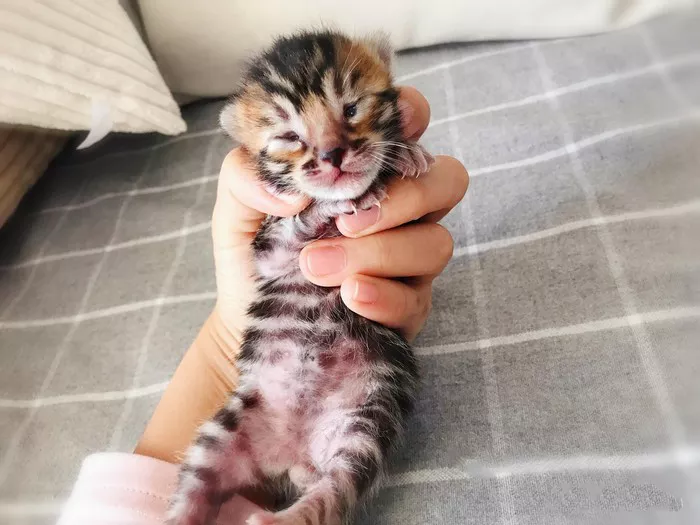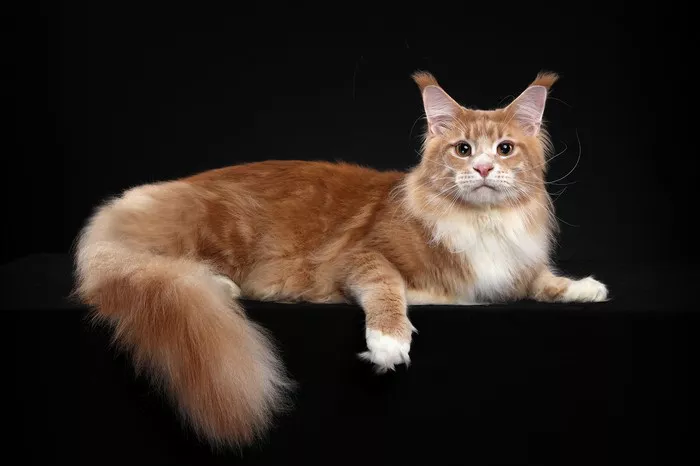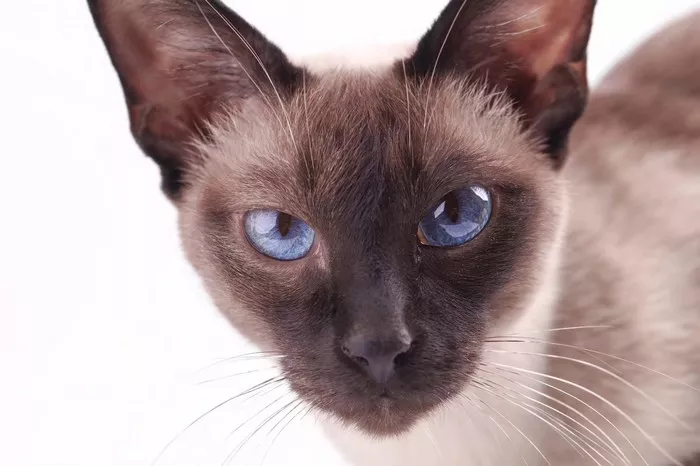Bengal cats are a popular breed of cat known for their distinctive coat, which is reminiscent of a wild tiger. However, despite their popularity, Bengal cats are illegal in some places around the world. In this article, we will examine the reasons why Bengal cats are illegal and explore the controversy surrounding their ownership.
Hybrid Origins of Bengal Cats:
Bengal cats are the result of crossbreeding domestic cats with the Asian leopard cat (ALC), a wild feline native to parts of Asia. These hybrids were initially created to preserve the ALC’s distinct markings and patterns while having the temperament and traits of domestic cats. Due to the wild ancestry of Bengal cats, concerns have arisen regarding the potential for unpredictable behaviors and the preservation of endangered wild cat species.
However, in some parts of the world, owning a Bengal cat is illegal. This has led to controversy among cat lovers and animal rights activists.
The Legal Status of Bengal Cats
The laws regarding Bengal cats vary from country to country and even within certain countries. In the United States, for example, it is legal to own Bengal cats in most states. However, some states have specific requirements or restrictions on owning exotic pets, which may include Bengal cats.
In other parts of the world, such as Australia and parts of Europe, Bengal cats are illegal to own. This is because they are considered to be a hybrid breed and are therefore categorized as wild animals. This means that they are subject to stricter laws and regulations than domestic cats.
Reasons for the Illegal Status of Bengal Cats
There are several reasons why Bengal cats are illegal in some parts of the world. These reasons include concerns about the health and welfare of the cats themselves, as well as concerns about the impact that owning exotic pets can have on local ecosystems.
Health and Welfare Concerns
One of the primary reasons why Bengal cats are illegal in some parts of the world is due to concerns about their health and welfare. Critics argue that breeding wild and domestic cats together can lead to genetic issues, such as increased susceptibility to disease and behavioral problems.
Additionally, Bengal cats require a lot of space and attention. They are known to be active and playful, which can make them difficult to care for in small apartments or homes. Owners may also struggle to find veterinary care that is familiar with exotic cat breeds.
Environmental Concerns
Another reason why Bengal cats are illegal in some parts of the world is due to concerns about the impact that owning exotic pets can have on local ecosystems. Critics argue that introducing non-native species into an ecosystem can disrupt the natural balance and lead to the spread of diseases or parasites.
In Australia, for example, it is illegal to own a Bengal cat because of concerns about the impact they could have on the country’s native wildlife. Australia has strict laws and regulations regarding the ownership of exotic pets, including cats.
Conservation of Wild Species:
One of the primary reasons for restrictions on Bengal cats is the conservation of wild cat species. Many countries have strict laws and regulations in place to protect endangered or threatened species from being exploited or negatively impacted. The breeding of Bengal cats raises concerns about the potential for hybridization with wild cat populations, which could disrupt the genetic integrity and survival of endangered species in the wild.
Potential for Escapes and Invasive Behavior:
Bengal cats possess natural instincts and behaviors inherited from their wild ancestors. Despite being domesticated, these cats may exhibit strong hunting instincts and a higher propensity for escaping or roaming. Concerns about the impact of escaped Bengal cats on local ecosystems and wildlife populations have contributed to regulations prohibiting or restricting their ownership in some areas.
Controversy Surrounding the Ownership of Bengal Cats
The controversy surrounding the ownership of Bengal cats largely stems from disagreements over whether they are wild animals or domesticated pets. Some argue that Bengal cats are no different from any other cat breed and should be allowed to be owned as pets. Others argue that their wild appearance and genetic makeup make them unsuitable for domestication.
Proponents of owning Bengal cats argue that they are friendly and social animals that can make great pets. They point out that there are many responsible breeders who prioritize the health and welfare of their cats. They also argue that owning exotic pets is a personal choice and that responsible pet ownership should be encouraged rather than criminalized.
Opponents of owning Bengal cats argue that they are not suitable for domestication due to their wild genetic makeup. They believe that breeding wild and domestic cats together is unethical and can lead to health and welfare issues. They also argue that owning exotic pets contributes to the illegal wildlife trade and can have negative impacts on local ecosystems.
Conclusion: The Future of Bengal Cats
The legality of owning Bengal cats will likely continue to be a topic of debate in the coming years. As cat lovers and animal rights activists continue to push for stricter regulations on the ownership of exotic pets, it is possible that more countries will ban the ownership of Bengal cats.
However, as long as responsible breeders prioritize the health and welfare of their cats, there will likely continue to be demand for these unique and playful animals. It is up to lawmakers and pet owners alike to balance the concerns of animal welfare and environmental impact with the desire to own these special cats.

























